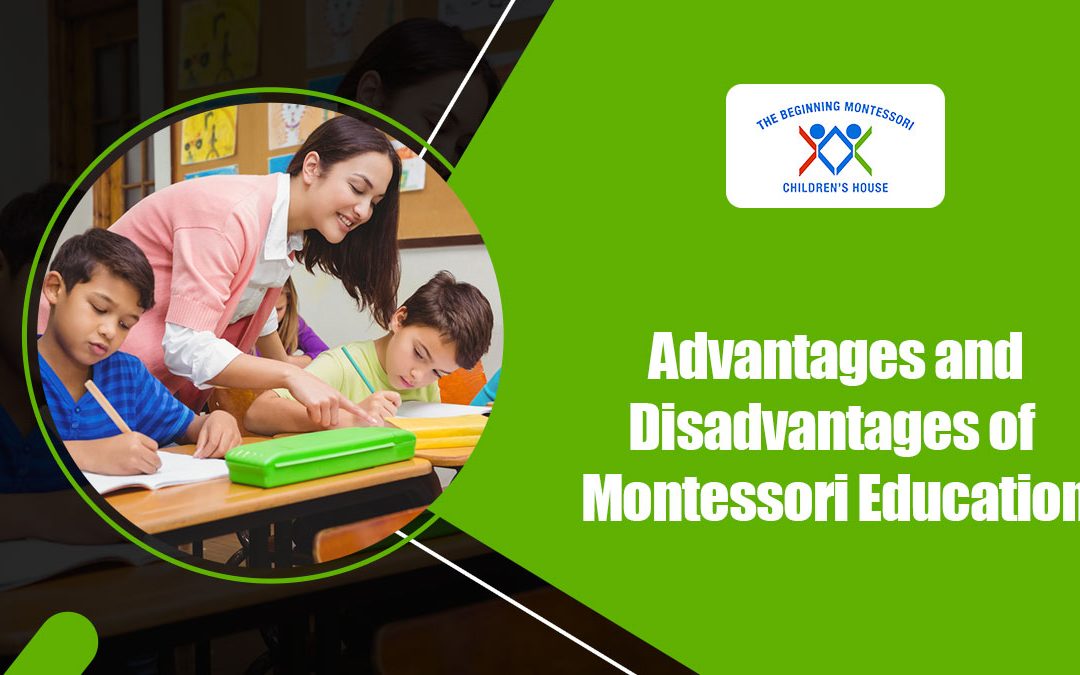Sending your child to a Montessori school has a lot of benefits. The Montessori Method encourages empathy, a love of social justice, and a passion for lifelong learning in addition to individually paced learning and autonomous development.
Every youngster is seen as an individual: Children learn in several ways, and Montessori education considers them all. Students are completely free to learn at their own pace, and they are even free to progress as they are ready with the teachers, and throughout the time, there will be a personalized learning plan to guide them.
- Montessori encourages organization, focus, and independence from a young age:
Intentional classroom planning, materials, and daily routines support students’ “self-regulation” in toddlers through teenagers (the ability to educate oneself and think about what they are learning).
2. Students are members of a close-knit community that cares about each other:
Over three years, the multi-age classroom recreates a family structure. Senior students act as mentors and role models for younger students; the latter feel supported and gained confidence regarding the challenges. Teachers model respect, loving compassion, and nonviolent conflict resolution.
3. Montessori children have a great deal of independence within specific parameters:
Students are active participants in selecting what their learning emphasis will be, working within the limitations provided by their teachers and the classroom community.
4. Students are encouraged to become active knowledge searchers:
Teachers set up circumstances in which students are allowed to research answers to their inquiries and are provided with the tools to do so. Internal fulfillment fuels a child’s curiosity and interest, resulting in joyful learning that lasts a lifetime.
Disadvantages of Montessori Education
- It is High – Priced
It is pretty challenging for Montessori schools to keep their costs down. It costs a lot of money to provide young children with a wide variety of high-quality, long-lasting educational tools and extensive training in their use.
2. there aren’t enough chances.
There is little doubt that regular classes and Montessori classrooms behave differently. The interaction it offers, though, is significantly more significant. Compared to typical classrooms, the learning environment employed in the school allows children to interact more freely.
3. A small student community
Students spend time with the same peers in a small community in a Montessori classroom. This may enable kids to form incredible friendships or be a barrier to developing social skills. In the Montessori educational system, students’ access to social activities is somewhat restricted. Montessori is more than just an educational approach; it is also a way of life.


